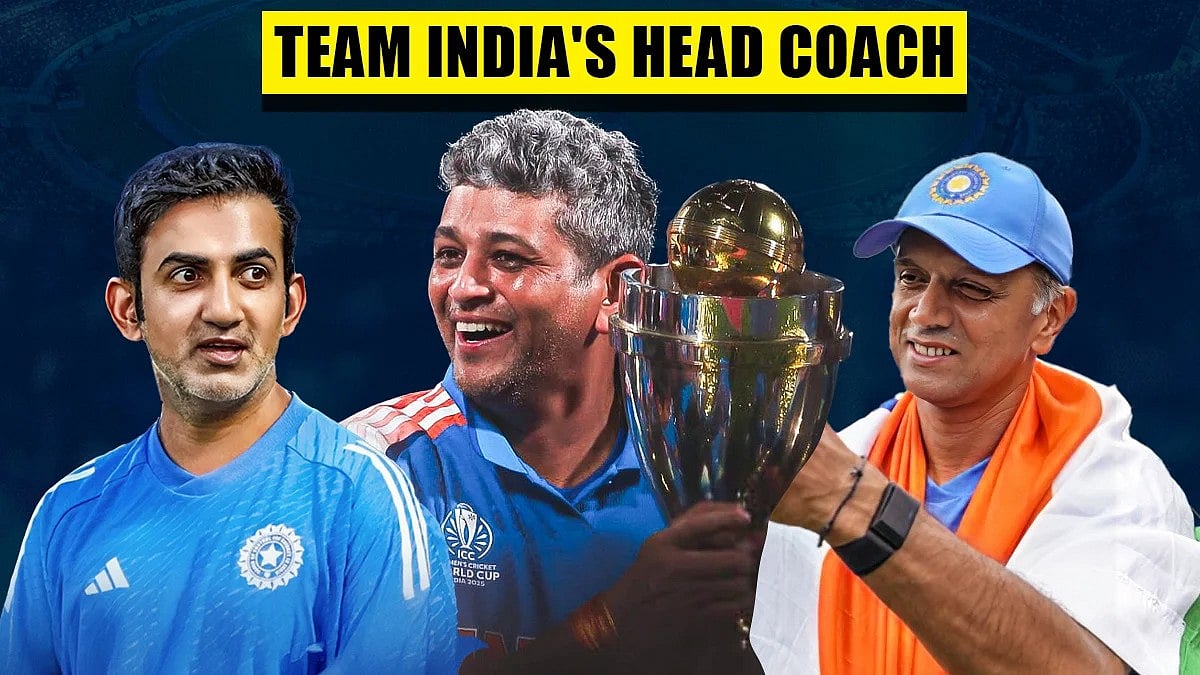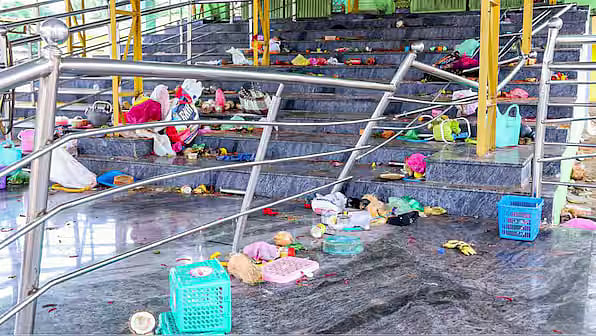As we write this column a Russian offer to surrender to Ukrainian troops encircled in Mariupol expired without mass capitulation. Russia claims that the city has been cleared of resistance and a few thousand Ukrainian army regulars and ultra-nationalists are now encircled in a sprawling Azov steel plant. Ukrainian President Zelensky has admitted that the situation in Mariupol is tough, but has warned that his country will pull out of all peace negotiations if Ukrainians holed up in the city are killed by the Russian army.
Nearly eight weeks since the beginning of the Russian invasion, the battle is now set to get bloody all across Donbas. Questions are now being asked even in Moscow about the coherence of the initial Russian strategy and whether Russia is downsizing its political goals because of Ukrainian resistance and the bite of sanctions. Despite dramatic media images and coverage of this war, life in Ukraine is still largely quiet with nearly no military operations in 80% of the country. Many major cities are untouched by war. Russians have not closed down or disrupted Ukrainian TV and radio stations. Mobile networks are operating and so is civilian transport. Ukrainians are freely travelling to and from Europe, and not a day goes by without a European leader visiting Kyiv.
Clearly, Russians are fighting a highly focussed war which they call a “Special Military Operation". They have attacked and annihilated all strategic military targets in Ukraine. In the last weeks, fuel depots and refineries have been taken making mass re-deployment of movement of Ukrainian troops impossible. Despite several seemingly botched and floundering operations, Russians have nevertheless made several important strategic gains which they are now set to capitalise on. They have already seized the port city of Kherson. It was this city the Russian Czarina Catherine the Great conquered 250 years ago. Much then as now, Europe was on edge when her army moved from the Russian imperial capital and the important Baltic seaport of St. Petersburg to conquer exactly the same towns on the black sea that are seeing war fighting now.
Russian rulers have always seen access to warm waters of the Black Sea and through the Bosphorus channel to the Mediterranean and Suez as being critical for the very survival and existence of the Russian state. Having taken control of Kherson, the Russian army stopped short of attacking the important city of Odessa. Then the Kremlin ordered abandoned all positions near Kyiv on March 30th and redeployed forces to Donbas. Nearly 50,000 Ukrainian forces are dug in and around the cities and villages of the regional centres of Kramatorsk and Slovyansk. The area is the famous battlefield of Poltava which shaped Russian statehood as we know it. Swedish King Charles XII led his army from Sweden to central Ukraine and Donbas, precisely to this area in 1709, to fight Peter the Great and lost to a vastly superior Russian force in Poltava. Hitler's Nazi Germany and the German, Romanian, Italian and Hungarian forces also lost the first and most significant battle of World War II in the region when withdrawing from Stalingrad. For four hundred years, imperial Russia on one side and Turkey and its European allies on the other, have fought a series of wars in this region, all aimed at cutting Russia off from the Black Sea and Europe.
There is so much history here for Russia that it is no wonder that Russian President Vladimir Putin and his strategic advisors came to the conclusion that Ukraine becoming a NATO country, hosting nuclear weapons from the United States and the UK would forever weaken Russian statehood and cut it off from the Black Sea. In their minds, history is repeating itself - western powers are using Ukraine to host anti-Russian forces, and nurture Russia hating neo-fascist militia with the aim to weaken and dominate Russia. The bulk of the Ukrainian military force was deployed in Donbas where it now faces a massive onslaught. Russians have been moving toward the Ukrainian entrenched positions with massive armour, artillery, and air power. Sooner than later the steel and flesh of the two largest armies of Europe will collide here. The Russian army has endless resources and numerous supply lines to the Russian hinterland. Europeans and NATO countries are supplying weapons and ammunition to Ukrainian forces too, but their supply lines are thin and at the mercy of the Russian air force and cruise missiles.
In other words, the Russians can win the war just by attrition if they decide to fight long enough. No military experts expect any outcome other than the one all previous European invaders experienced here - a catastrophic loss for the western-backed Ukrainian forces. It also becomes evident from the heavy losses suffered by the Russians why they wanted to pre-empt Ukraine from joining NATO. For nearly two months Russians are fighting a well-trained & equipped Ukrainian force that has had the full backing of NATO countries but it is not the same as fighting the NATO alliance itself. Under article 5 of the NATO alliance, all 30 countries will be automatically at war if any one member state is attacked. Had Ukraine been a NATO member, in a head-on war with Ukraine, Russia would have been outgunned, outspent, and outnumbered in every way by combined NATO forces and Russian leadership seems to have recognized this weakness, thus deciding to pre-empt any such scenario.
Russians no longer have any allies or friends left in Europe. Turkey, a NATO member state, now playing a mediator, is certainly not a friend to Russia. Its shifty stances such as arming Ukraine while talking peace to Russia, going toe to toe against Russians in Syria and Libya, and potentially choking Bosphorus through which every Russian ship must pass are as much a strategic concern for Russians as Ukraine is. The Russian-Ukrainian negotiations hosted by Turkey hit a dead-end swiftly because Russians do not trust that Ukrainians have the permission of Washington to make a peace deal with Moscow and that Erdogan overestimates his influence on Kyiv. To put the record straight, Erdogan has never been neutral nor a Russian ally, and his wishy-washy diplomacy ostensibly for peace while himself keeping more than 40,000 Turkish invasion-occupation forces in Cyprus, does not cut well either in Moscow or in the western capitals.
The human toll and suffering from the war are only likely to increase now. There seems no weakening in Russia's determination to take the war to a conclusion as public opinion coalesces around President Putin and the army, hardened by the thinking that without this war, Russia would have found itself vulnerable, and 400 years back in the 17th century without access to the Black Sea. Just what those Russian aims remain to be seen. How Russia intends to shape the future of post-war Ukraine is the question hanging on everyone's mind.
For everyone else in the world, the focus is about shifting away from this war homeward to protect self-interests as war starts to cause a spike in inflation, shortages of grains and fertilisers, and significantly increase oil and gas prices for every household in the world. We can only hope India's genuine neutrality and calls for peace will be heard in Kyiv and Moscow and a peaceful solution will be found soon to end the war without any further bloodshed. History does not have to repeat itself and this war can end through mature diplomacy and statesmanship of the kind India has been practicing.
(R.K.Raghavan is a former High Commissioner of India to Cyprus. He tweets at @rkrshanti. Ajay Goyal is a security strategy expert based in Europe. He tweets at @Ajay_Zen_It)









